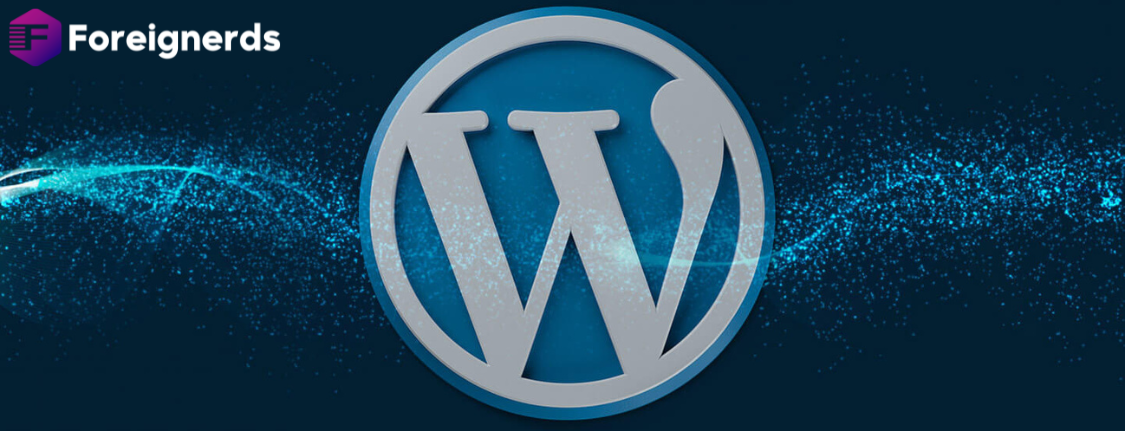Choosing the Right Website Building Option: Website Builders vs. WordPress
Introduction
In today’s digital age, creating a website is more accessible than ever. You no longer need to be a coding expert or break the bank to have a professional-looking website. This article explores two popular options for building websites: website builders and WordPress. We will delve into what each option offers, their respective advantages and disadvantages, and who would benefit most from using them. By the end of this comprehensive guide, you will be well-equipped to make an informed decision about the best approach for your website.
Website Builders: Simplifying Web Creation
Website builders are user-friendly software tools designed for people who want to build websites without any coding knowledge. They provide a starting point with basic web designs, offering either pre-designed templates or automating the design process based on your input. The following sections outline the pros and cons of using website builders.
Pros of Choosing a Website Builder
- Ease of Use: Website builders are tailored for beginners, making them incredibly easy to navigate. If your top priority is simplicity, website builders offer a hassle-free solution.
- Speed: With website builders, you start with a pre-designed layout, significantly reducing the time needed to create a website. You can complete a basic website in a matter of hours, making it ideal for those in a hurry.
- Affordability: Website builder subscriptions typically range from $5 to $20 per month, often including essential features like hosting. This affordability ensures you won’t break the bank while building your site.
- Professional Appearance: Despite their simplicity, website builders incorporate industry best practices into their designs. Your website will look professional without the need for a professional designer.
Cons of Using a Website Builder
- Customization Limits: To maintain simplicity, website builders impose certain limitations on customization. If you have a specific vision for your website, you might find these restrictions frustrating.
- Vendor Lock-In: Websites built with a specific website builder are tied to that product. Switching providers means starting from scratch, which can be a significant inconvenience.
- Similarity to Others: Using templates may result in websites that resemble others, potentially confusing visitors and diluting your brand’s uniqueness.
Who Should Go With a Website Builder?
Website builders are an excellent choice for small businesses and individuals seeking a fast, budget-friendly solution for simple website needs.
WordPress: Unleashing Web Development Potential
WordPress is a widely adopted content management system powering a substantial portion of the internet. It offers an open-source platform for website creation and management, eliminating the need for coding. Plugins and the Gutenberg editor are key components of WordPress’s functionality. The following sections highlight the advantages and disadvantages of WordPress.
Pros of WordPress
- Cost-Free: WordPress is free to use, making it an attractive option for budget-conscious individuals. While some opt for premium themes and plugins, it’s entirely possible to build a website without additional expenses.
- Powerful: WordPress’s versatility is its strength. Through plugins, you can customize your website to suit virtually any requirement, providing greater flexibility than website builders.
- Abundant Themes and Plugins: WordPress’s popularity has led to a vast library of themes and plugins developed specifically for its platform, giving you endless options for customization.
- Abundance of Resources: Due to its widespread use, WordPress boasts a wealth of resources, including blogs, tutorials, and courses, making it easier to learn and master.
Cons of WordPress
- Learning Curve: While easier than coding from scratch, WordPress does have a learning curve, particularly for complex website features. The more intricate your requirements, the more effort you’ll need to invest.
- Cost Accumulation: While WordPress itself is free, premium themes and plugins may incur costs. In some cases, you might even need to hire help, potentially surpassing the expenses of a website builder.
- Updates and Compatibility: WordPress regularly releases updates for security and improvements, but these updates can sometimes clash with plugins, creating compatibility issues that require additional effort to resolve.
Who is WordPress Best For?
WordPress suits individuals and businesses willing to invest additional effort for greater customization options. It caters to a wide spectrum, from small businesses to large brands and media sites, providing an ideal balance between flexibility and simplicity.
Conclusion: Making the Right Choice
In the realm of website creation, both website builders and WordPress offer unique advantages. Your decision should align with your specific needs and preferences. If you seek a quick, budget-friendly solution for a straightforward website, website builders are the way to go. Conversely, if you crave greater customization and are willing to invest time and effort, WordPress empowers you with limitless possibilities. By understanding the strengths and weaknesses of each option, you can confidently embark on your website-building journey.
